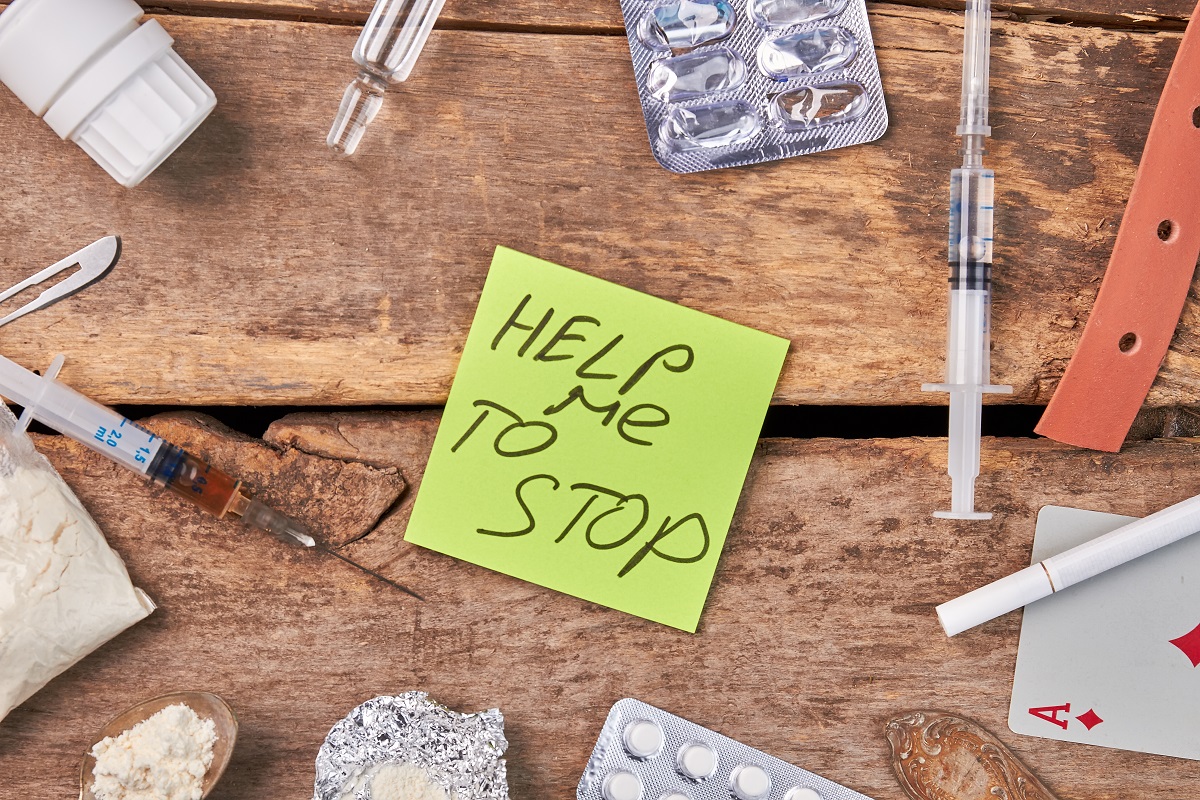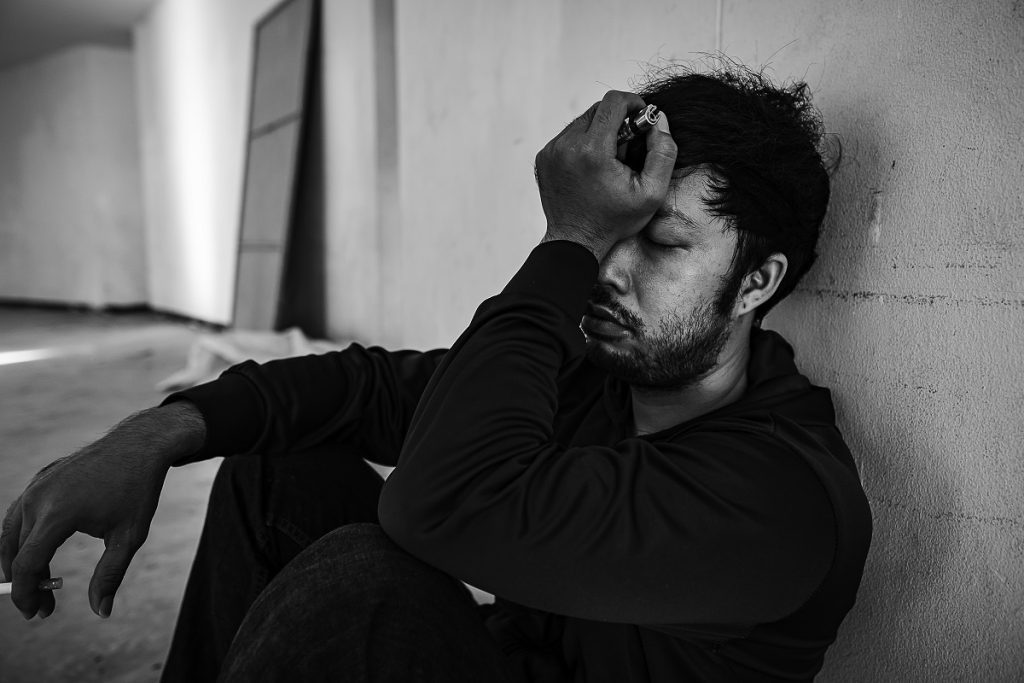Do you know someone who has a drug use problem? It could be a family member, a friend, or a coworker. If you’re concerned with this person and want to offer help, there are ways that you can do this without the person taking offence. It’s important to approach this sensitive topic with care and sensitivity. Even with the best intentions, things may not turn out as you expect. So, it is best that you know what to do and how to do it.
Related article: How to Help Someone with Drug Addiction
What to Expect When Trying to Help
When you want to help a person with a drug use problem, what you should expect is that it’s going to be a long and challenging process. At some point, it may even be painful. It’s not the same with someone who has a physical health problem like heart disease or cancer. It’s because an individual with a drug use problem may not realize the real danger of their condition. They may not even understand what’s at risk if they continue to refuse treatment and help.
As someone who cares for this person, you can only do so much. You have to remember that this individual has full responsibility for his or her own recovery. First, people with a drug use problem should acknowledge that they have an addiction. Second, they must be willing to get help so that they can address the addiction. These are the basic steps before recovery can begin. Set realistic expectations as well as boundaries. Provide encouragement and support but don’t forget to protect your well-being.
How to Approach a Person with a Drug Use Problem
The way to talk to a person who is dealing with an addiction is to talk to them about it. Have a one on one talk with them so that they won’t feel uneasy or threatened. You don’t want the person to feel like the world is out to get them. You would want them to trust you so that the two of you can talk calmly about what’s going on.
Choose a Good Time and Place to Talk
Choose a time that the two of you can be alone and there won’t be any distractions and interruptions. First, express your concern about their well-being. Ask them if they are willing to hear what you think about what’s happening. If they agree to this, then you can slowly inch your way into a conversation about their drug use problem.
Be Careful with Your Language and Tone
When talking to the person, try your best not to use language that judges or blames them. Be calm and composed. Don’t be angry and avoid having to raise your voice. You would want the person to respond, communicate, and be receptive of what you have to say. Be compassionate when you talk to them. They will appreciate it that they don’t feel like they’re being attacked. Be specific about your concern. Is it their behaviours or actions? How did it affect you?
Offer Help but Don’t Force Them
After expressing your thoughts, you may then ask them if they are willing to get professional help. It is possible at this point that they’re in denial and feel that they don’t need help or treatment. They may even be defensive about it. If this is the situation, don’t insist or force them. Let it go for now. Remember that it’s no use getting angry, blaming them, or shaming them. It’s good enough that you’ve said what you needed to say and that they listened.
When It’s Time to Have an Intervention
Talk to the rest of the family and other concerned parties about the situation. If the person who has a drug use problem continues to get worse and is becoming a threat to themselves, it may be time to have an intervention. But before you set an intervention, it’s essential to plan it thoroughly.
Ask for Guidance First
Go to a health expert such as a counsellor, therapist, psychiatrist, or social worker. You will need guidance on how to do the intervention. You may even ask them to be in the intervention so that there’s someone who can act as a mediator and can control the situation if people start becoming too emotional.
Plan and Organize
Ask the family members and loved ones of the person concerned when they’ll be available for the intervention. But before that, the group should be able to meet so that there’s an opportunity to organize and plan. Each person should, in a way, practice what they have to say so that they can be calm when it’s their time to talk. The group should avoid becoming too emotional.
Choose a Safe Place
Host the intervention in a quiet place. It should be somewhere the individual will feel safe. Don’t lock the doors or force the person to stay if they want to leave. Allow them to leave if they are not ready to participate in this first attempt for an intervention. Remember that the intervention will only be effective if the person will accept it.
Stay Calm
The person who has a drug use problem may have hurt family members and other loved ones. Remind everyone who’s going to participate to stay calm. No matter how angry they are, this is not the right time to be shouting at the person or blaming them. If they are angry, ask them to express it in such a way that it will not threaten the person with a drug use problem.
If other participants cannot control their emotions, it may be best to ask them to leave for the time being. It would not be helpful at this point. The concern of the group should be the welfare of the individual who’s dealing with an addiction. The point of the intervention is to offer help to the person.
Provide Help
When the individual agrees to accept help, then you can talk to them about the treatment centres that they can go to. You can offer to drive them to rehab or help them pack some belongings that they’ll bring to the facility. Offer your support and encouragement every step of the way if possible.
Final Thoughts
It’s a good endeavour to support a person who wants to get rid of their addiction. Do remember that the success of their recovery relies heavily on their own willingness and effort. So, try not to control everything or micromanage them in an attempt to help. It’s enough that you’re there for them. Allow them to learn the ropes as they go through their recovery journey.
Related article: How to Help Someone with Drug Addiction







